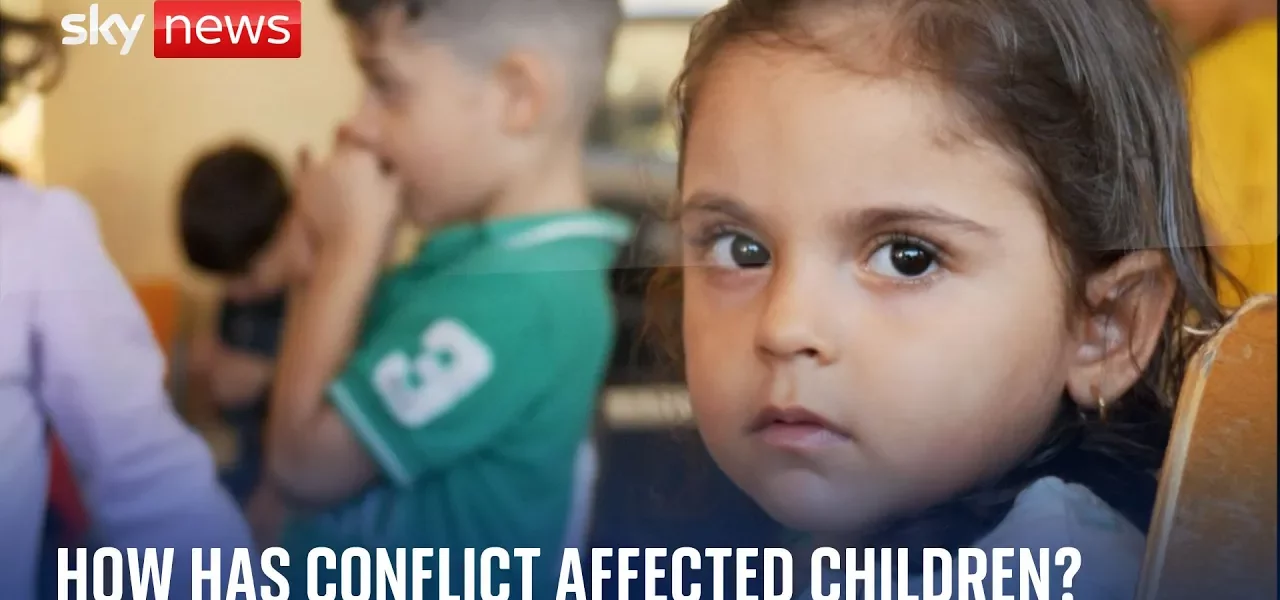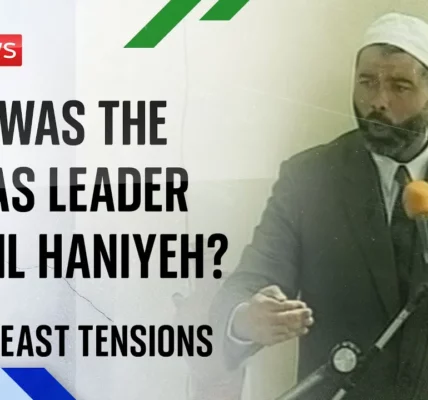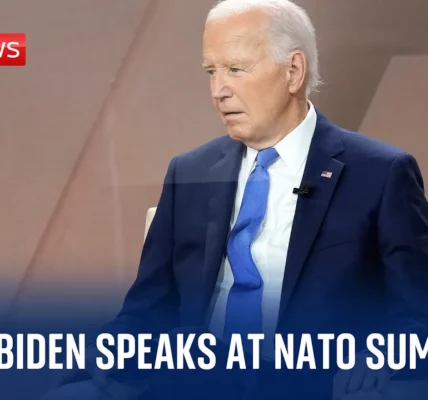Children of War: The Impact of Conflict on Young Lives in Lebanon

In the heart of a humanitarian crisis, the stories of children affected by war emerge, revealing the deep psychological scars left by violence. This article delves into the experiences of young survivors in Lebanon, their struggles, and the urgent need for psychological support.
Introduction
The ongoing conflict in Lebanon, particularly the bombardment targeting Hezbollah, has left a lasting mark on the lives of countless children. The sounds of destruction and the chaos of fleeing from danger create an environment filled with fear and uncertainty. This article focuses on the experiences of two children, N and Fidel, who, despite their relatively safe shelter in Beirut, carry the heavy burden of trauma from their experiences. Their stories highlight the urgent need for specialized psychological support in a country grappling with one of the most catastrophic humanitarian emergencies.
The Harrowing Experiences of Children
The reality for children like N and Fidel is a nightmare that no child should have to endure. Both have witnessed the horrors of conflict, which has led to profound psychological effects.
N’s Story
N is just 13 years old, yet she has already experienced the terror of bombs falling in her neighborhood. Her street was hit, trapping her family in a frantic struggle to escape. The chaos of the moment was overwhelming as they tried to navigate through the destruction.
Fidel’s Story
Similarly, 10-year-old Fidel has seen things that no child should ever witness. The fear that gripped him during the strikes was palpable as he recalls running out of his building, desperately searching for safety.
Common Experiences
- Witnessing bombings and destruction
- Experiencing panic and chaos during evacuations
- Feeling the overwhelming fear of losing family or being injured
The Psychological Toll of War on Children
The psychological impact of war on children is profound and often long-lasting. Experts like Denise Nema, who works with traumatized children, have observed significant mental health issues among the youth affected by the ongoing conflict.
Signs of Trauma in Children
Children affected by conflict may exhibit various symptoms that indicate trauma, including:
- Withdrawal from social activities
- Exaggerated startle responses
- Nightmares and anxiety
- Fear of loud noises, such as planes flying overhead
Immediate Needs for Psychological Support
Denise emphasizes the importance of paying close attention to children like N and Fidel, who require long-term psychological support to heal from their experiences. The need for specialized care is critical in ensuring these children can reintegrate into society and lead healthy lives.
The Humanitarian Crisis in Lebanon
The situation in Lebanon is dire, characterized as one of the most catastrophic humanitarian emergencies the country has faced. The continuous conflict has resulted in a significant influx of displaced children, all in need of urgent assistance.
Challenges Faced by Humanitarian Workers
Humanitarian workers like Denise face numerous challenges as they strive to provide care:
- Limited resources and funding for mental health programs
- High demand for services versus available support
- Cultural stigma surrounding mental health issues
Long-term Consequences of Neglect
The failure to address the psychological needs of these children could lead to long-term consequences, including:
- Increased rates of anxiety and depression
- Difficulty in forming healthy relationships
- Potential for engaging in violent behavior later in life
Conclusion
The stories of N and Fidel are just two examples of the countless children affected by war in Lebanon. Their experiences underscore the urgent need for comprehensive psychological support to help heal their trauma and foster resilience. It is crucial that humanitarian efforts prioritize mental health services to address the needs of these innocent lives caught in the crossfire of conflict. Together, we can advocate for the support these children desperately need—join us in raising awareness and contributing to efforts that provide hope and healing.
“`




